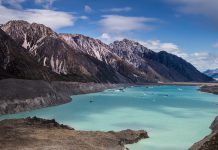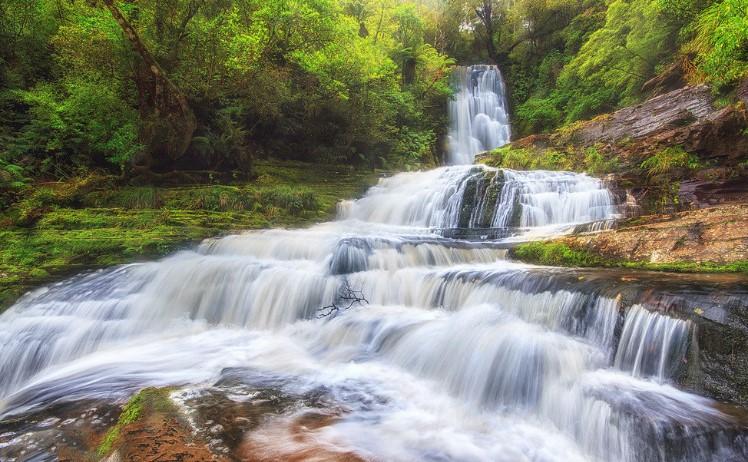The burning mountain of New South Wales, also known as “Mount Wingen,” is a hill near Wingen. It is located approximately 224 kilometers north of Sydney, just off the New England Highway. The mountain was discovered in 1828 by geologist T. L. Mitchell, who identified it as a coal seam fire.
The name derives from a smoldering coal seam running underground through the sandstone, contained within the Burning Mountain Nature Reserve, which is administered by the NSW National Parks and Wildlife Service.
A trail runs from the parking lots to the site where smoke emanates from the ground. The underground fire is estimated to the fire has burned for approximately 6,000 years and is the oldest known coal fire. The underground fire is estimated to be at a depth of around 100 feet. Many explorers and settlers to the area believed the smoke, coming from the ground, was volcanic in origin. The coal fire is usually moving in a southerly direction at a rate of about 3 feet per year.
The combustion has caused soil discoloration and an uneven ground surface in the area. Coal seams are extremely common across the world, and at any time, they’re over 1,000 burning. They happen regularly in lesser-developed mineral-rich countries but are often put out within a few days or at most a month. Moreover, considering the average duration of a coal seam fire, Mount Wingen fiery longevity has become something of a marvel across the globe, and sightseers have flocked to observe the sulfur-tinged smoke emanating from the mountain.
Though Mount Wingen has enticed sightseers in droves, it has also caused huge ecological damage to the area’s vegetation. The View from high up is very pretty and very interesting, as is the history and how the heat changes the landscape.
The Burning Mountain, heat, and toxic gases from the fire have left it rocky and jagged in parts, and the land has caved in. How the mountain was first set ablaze is a mystery. Burning Mountain Nature Reserve has management strategies in place to protect and conserve the values of this park. The scientific explanation for Burning Mountain is a gradually combusting coal seam, and as it eats through the coal, rocks slip into the gap, triggering fissures and slumping at the surface level. Moreover, you must be sure to wear sturdy footwear and stay on the right track. Not only that, but keep an eye out for fossils: the water covered this entire area more than 200 million years ago.
Also Read:
- Kumbhalgarh Fort – The Great Wall of India
- Old Dragon’s Head: Where The Great Wall of China Ends
- The Great Wall of Western Australia
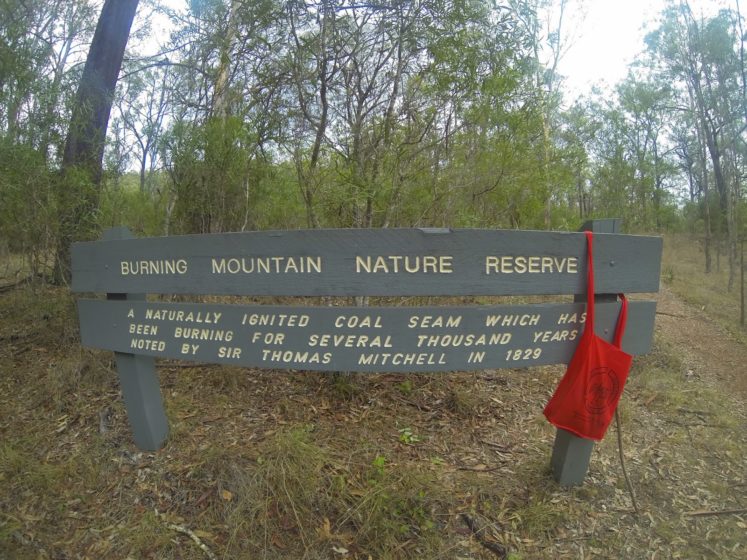

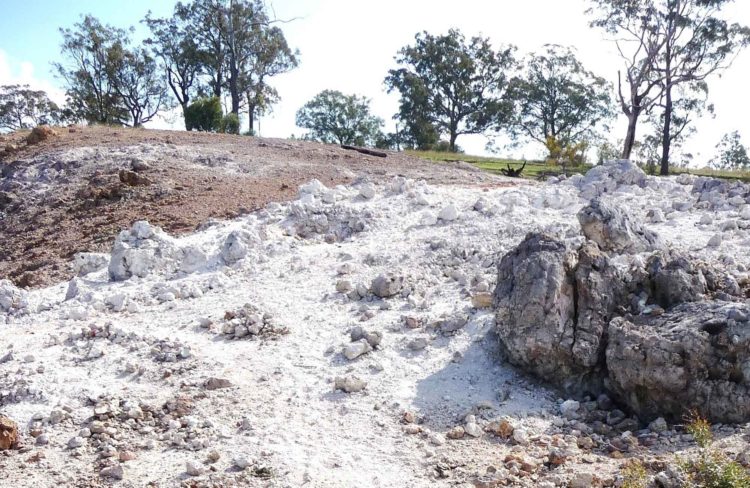
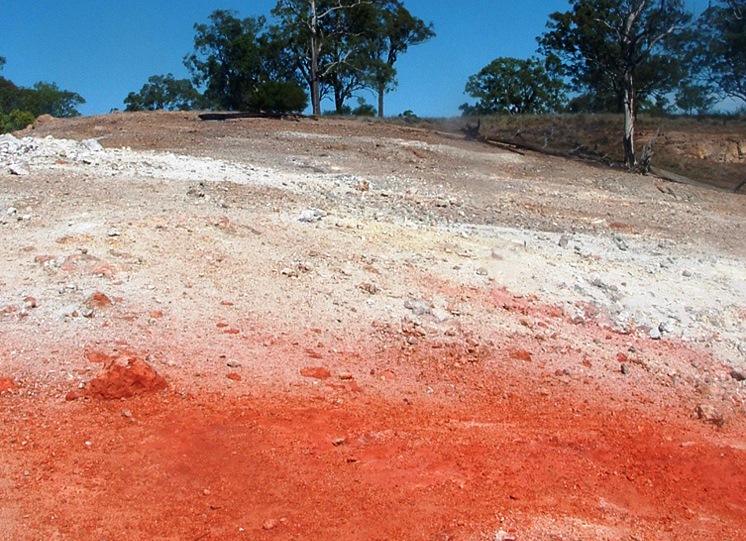
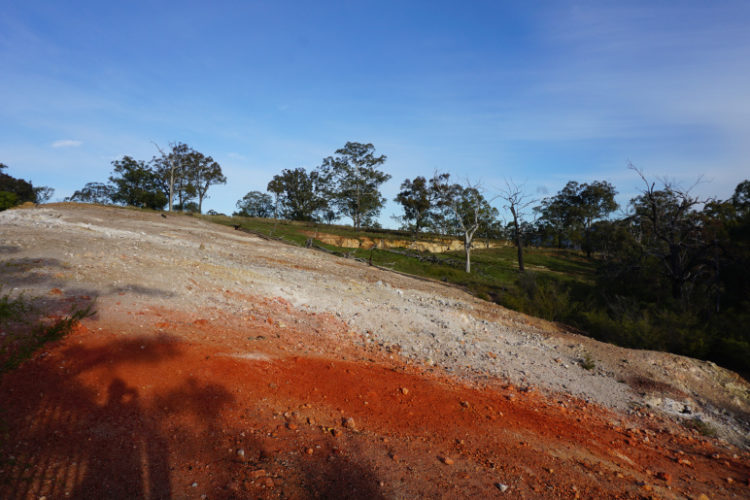
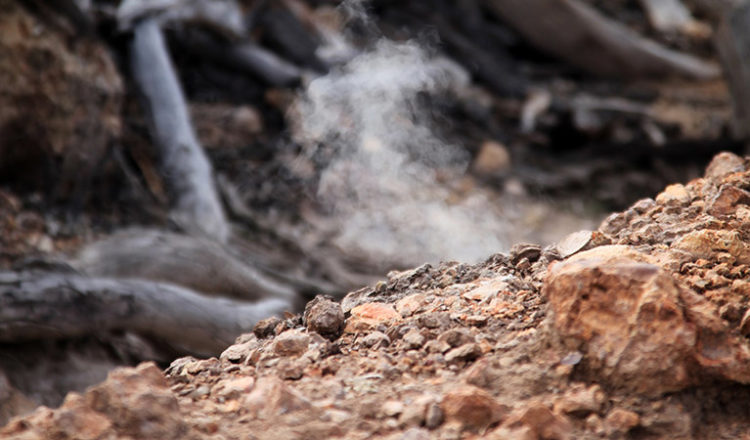

Source & Pictures Credit: National Parks NSW / Atlasobscura / Wikipedia


